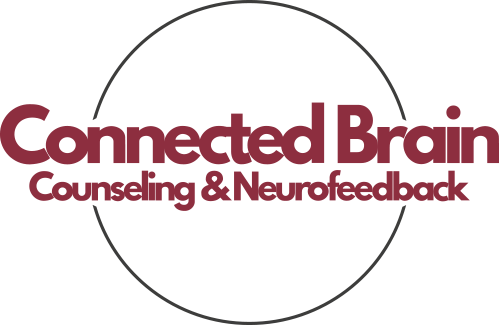Why Conflict is Inevitable in Relationships
No two people are exactly alike, and differences in opinions, values, and life experiences can lead to conflict in any relationship. It’s important to recognize that conflict itself is not the problem — it’s how couples navigate through it that matters. Disagreements can offer opportunities for growth, allowing couples to understand each other better and strengthen their bond.
Ignoring conflict or avoiding difficult conversations can create deeper resentment over time, whereas addressing issues head-on in a respectful manner can prevent problems from festering.
Common Causes of Conflict in Relationships
Conflicts often arise from:
1. Communication Breakdowns
Misunderstandings and lack of clear communication can cause tension, especially when one partner feels unheard or misunderstood.
2. Differences in Values or Priorities
Partners may have different ideas about money, family, or career goals, leading to disagreements on how to manage these areas of life.
3. External Stressors
Work pressure, financial strain, or health concerns can all increase stress levels, which may spill over into the relationship.
4. Unresolved Past Issues
Old disagreements or hurts that have never been fully addressed can resurface, causing conflicts to re-emerge.
Healthy Strategies for Resolving Conflicts
While conflict is inevitable, it doesn’t have to harm the relationship. Here are some strategies for resolving disagreements in a healthy and constructive way:
1. Practice Active Listening
When discussing a conflict, it’s important to truly listen to your partner without interrupting. Active listening means giving your full attention, acknowledging their feelings, and responding with empathy. This helps both partners feel heard and valued.
2. Stay Calm and Respectful
It’s easy for emotions to escalate during an argument, but yelling or speaking disrespectfully will only make the situation worse. Take a deep breath, and approach the conversation calmly. If things start to get heated, take a break and come back to the discussion when both of you are calmer.
3. Focus on the Issue at Hand
Avoid bringing up unrelated past grievances during a current disagreement. Stick to the issue you’re discussing and work on resolving it without rehashing old problems.
4. Use “I” Statements
Instead of blaming your partner with “You always” or “You never,” use “I” statements to express how you feel. For example, say “I feel hurt when you don’t acknowledge my efforts,” rather than “You never appreciate me.”
5. Seek Compromise
In any conflict, both partners should be willing to meet in the middle. Find solutions that address both of your needs and values. Compromise doesn’t mean one person gives up their desires entirely—it’s about finding a balance that works for both.
 When to Seek Professional Help
When to Seek Professional Help
If conflicts in your relationship are becoming frequent or difficult to resolve, it may be time to seek professional help. Couples therapy can provide a safe space to discuss your issues, work on communication skills, and learn healthier ways to navigate disagreements.
At Connected Brain Counseling, our experienced therapists specialize in helping couples improve their conflict resolution skills and build stronger, healthier relationships. We offer personalized therapy sessions to address your unique needs and challenges. Contact us today for a free consultation and take the first step toward a more harmonious relationship.
- Gottman Institute – Effective Conflict Resolution in Relationships
- Psychology Today – Managing Conflict in Relationships
- Healthline – Healthy Ways to Resolve Conflict in a Relationship
Conflict is a natural part of any relationship, but how couples handle those disagreements can make all the difference. By practicing active listening, maintaining respect, and seeking compromise, couples can turn conflicts into opportunities for growth. If you and your partner are struggling with conflict resolution, consider reaching out to a professional therapist for guidance.





